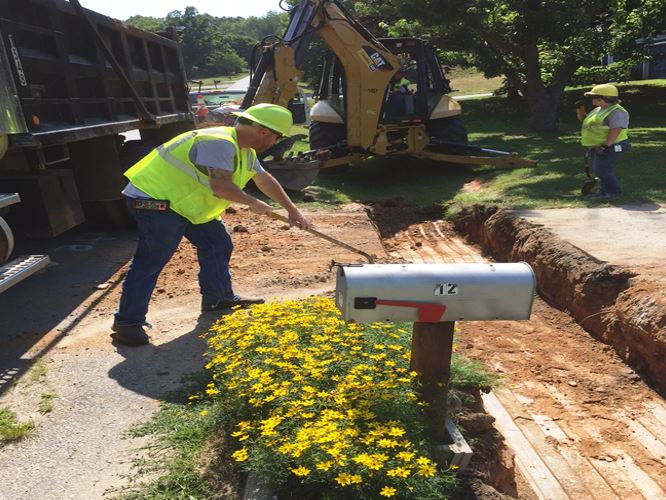Package would pay for
transportation and recreation infrastructure
as well as affordable housing projects
Asheville City Council voted to put three bond referendums totaling $74 million before Asheville voters in the November general election. At their Aug. 9 meeting, councilmembers voted unanimously to take the next step in getting the bond referendums on the ballot.
The three bond referendums will be submitted to the Buncombe County Board of Elections to be placed on the Nov. 8 general election ballot. Voters will consider each of the three bond proposals separately and may approve all of them, one of them or two of them. The matter will next go before the NC Local Government Commission, a financial oversight division of the NC Department of the Treasury, for final approval at the September or October Board meeting in Raleigh.
Money from the bonds would be earmarked for transportation and recreation infrastructure as well as affordable housing projects. Here’s the breakdown of the proposed bond spending:
Transportation networks: At a maximum of $32 million, proposed projects would significantly improve the transportation network to include streets, sidewalks, bike lanes, greenways and bus shelters.
Parks and recreation facility improvements: At a maximum of $17 million, proposed projects would make major improvements to passive and active recreational facilities across the city.
Affordable housing: At a maximum of $25 million, proposed programs would support affordable housing within the city limits.
At the Aug. 9 meeting, Mayor Esther Manheimer has said that the maximum property tax increase Asheville homeowners would see as the City worked to pay the bond debt service would be 4.1 cents on the tax rate, which roughly translates into a $110 increase on a $275,000 home. “If we see growth in revenues or property values it may not be necessary to raise additional taxes to pay for these bonds,” the mayor added. For the mayor’s full remarks and those by other councilmembers, you can watch the full City Council meeting here.
A survey conducted in June by Tige Watts of Campaign Research + Strategy showed overall strong support for the potential bonds package. More than 60% of Asheville residents surveyed on a potential City of Asheville bonds referendum had a favorable view of the potential package. Some 403 Asheville residents were surveyed by Campaign Research + Strategy. You can read the full survey here: City of Asheville Poll 2016 results.
Asheville capital spending and debt
Asheville began a major capital improvement program in 2013. In 2013, the City Council passed a 3¢ increase to the property tax, designating 2¢ to economic development capital improvements and 1¢ for infrastructure maintenance. Leveraging the additional tax dollars, the City developed a $150 million capital improvement program with planned funding from Limited Obligation and Special Obligation Bonds as well as grants and partnerships with the State and other agencies.
Prior to this program, the City issued very little debt, whether for infrastructure repair or new construction within the City
At the end of fiscal year 2015-16, the City started to issue debt for much needed improvements, including parks and pools, streets and sidewalks and investment in the River Arts District. Asheville’s per capita debt as of June 30, 2016 is $947, still quite low for a City in a growth environment.
As of June 30, 2015, the City’s per capita debt was only $234, compared to an average of North Carolina’s largest cities of $1,171.
Want more information?
Visit the Capital Projects Department web page.
